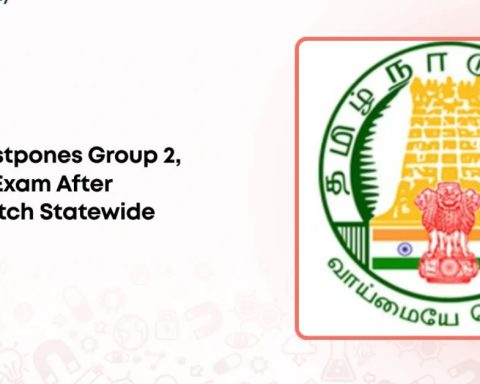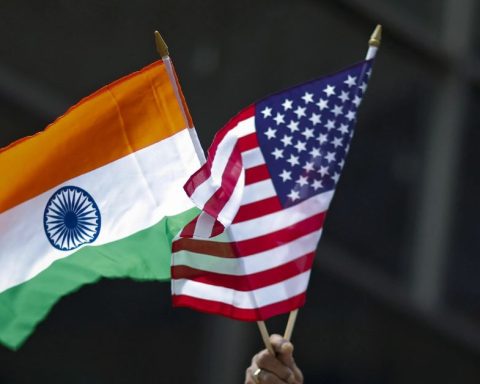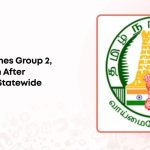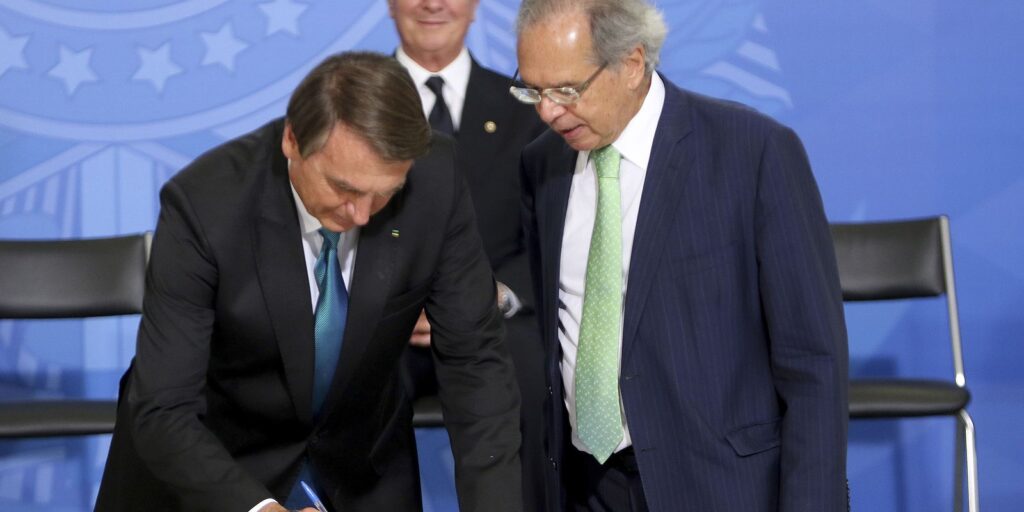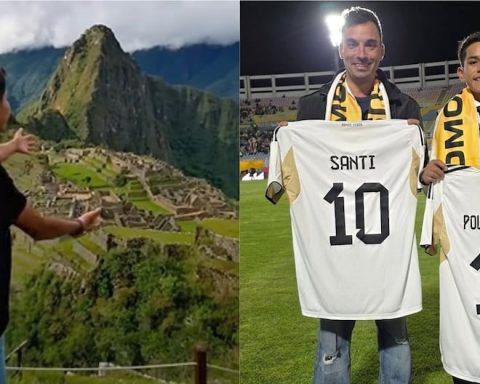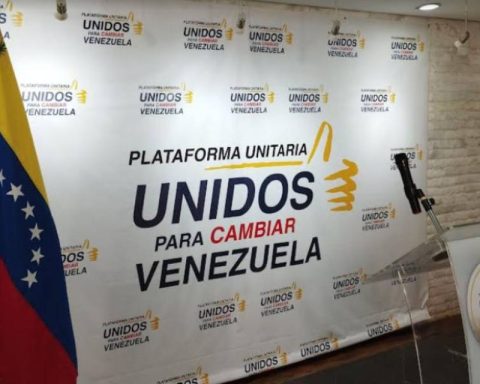Regardless of the political consequences of their decision, regardless of the fact that the Inter-American Court of Human Rights (IACHR) has disavowed Constitutional Judgment 084/2017 of the Plurinational Constitutional Court of Bolivia (TCP), Bolivian justice operators maintain the absurd 2017 decision that declared indefinite reelection as a human right, tailored to Evo Morales. But that is not all, now the First Constitutional Chamber of Chuquisaca has rejected a popular action that sought the annulment of the aforementioned sentence and that was presented by the deputy Marcelo Pedraza, of the Citizen Community.
That is to say, two members of that Constitutional Chamber, named Juan Carlos Mendoza García and Jaime René Conde Andrade, give themselves powers above national and international norms to contravene the Political Constitution of the State of Bolivia and the American Convention on Human Rights. , also known as the 1969 San José Pact, which is the international law on which the Constitutional Court relied in 2017 to say that Evo Morales could be a candidate indefinitely, because that was supposedly his human right.
The case is that in 2021 the Inter-American Court responded to an advisory opinion presented by the president of Colombia, Iván Duque, in October 2019 and ruled that “indefinite presidential reelection does not constitute an autonomous right protected by the Inter-American Convention or by the ‘corpus iuris’ of international human rights law”.
In a nutshell, the Inter-American Court told the Constitutional Court not to misuse the Pact of San José because indefinite re-election is not a human right as that Bolivian court decided with its 2017 ruling, issued by judges who were aligned with the ruling Movement for Socialism, as the set of justice institutions in the country.
In order not to forget, we must re-register that the magistrates of the Constitutional Court who interpreted indefinite reelection as a human right are Macario Lahor Cortez Chávez, Juan Oswaldo Valencia Alvarado, Zenón Hugo Bacarreza Morales, Mirtha Camacho Quiroga, Neldy Virginia Andrade Martínez and Ruddy José Flores Monterrey.
In the language of the “chambers” of Bolivian justice, with tangled and legal expressions, those that only they themselves understand, members Mendoza and Conde declare that not even the Plurinational Constitutional Court itself can review their constitutional rulings, which, says, they have the characteristic of “constitutional res judicata”, for which, they affirm, a new pronouncement on what has been definitively resolved cannot be sought.
Mendoza and Conde also affirm that it is not feasible or appropriate to review the alleged violations of rights committed by the Constitutional Court ruling, because that would generate an “endless chain of constitutional actions” and would also lead “to an enormous legal uncertainty that distorts the essence of defense actions, a dysfunctional situation that must be avoided in the admissibility stage.”
If someone understands the meaning of those convoluted expressions, they should be worthy of distinctions for excellence in understanding a language that is unintelligible in itself, which is what lawyers, judges and prosecutors seem to love, who knows if in order to they only understand each other, and also act like this with their backs to the society to which they owe.
This is how absurd Bolivian justice is, which continues to serve Evo Morales, and does not seem to be aware of what the Inter-American Court ruled.

